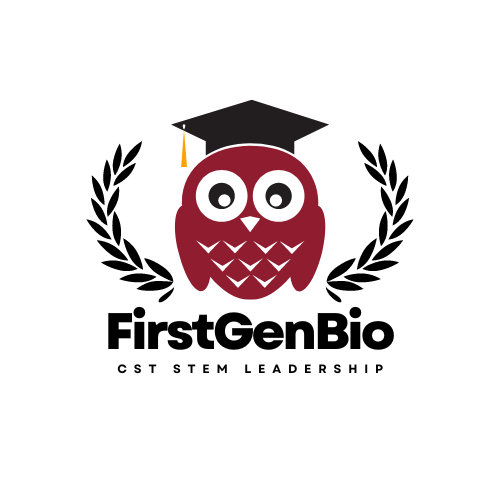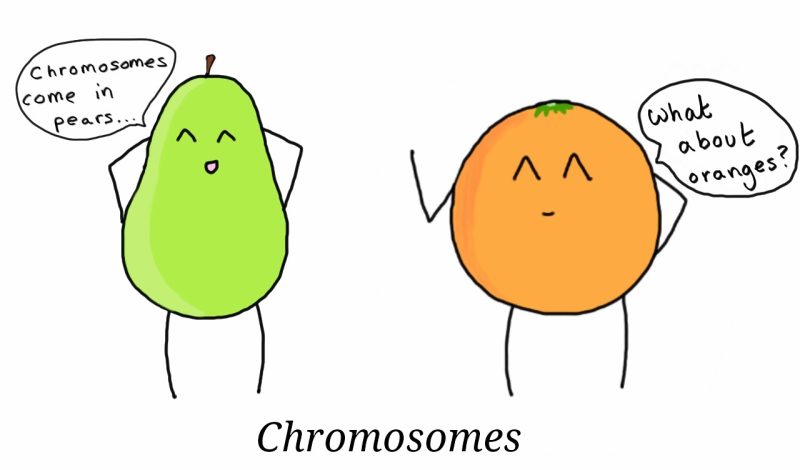Whether you’re planning to apply to graduate school, medical school, or dental school, data science skills are a key differentiator that can strengthen your resume and applications. Data science is used across a wide range of fields, including bioinformatics, genetic research, epidemiology, and clinical studies. Learning to code and mastering the fundamentals of data science are valuable skills that increasingly intersect with medicine. As highlighted in this LinkedIn post, employers are increasingly looking for doctors and health professionals with a solid understanding of data science and coding. For those applying to graduate school, data science is essential for interpreting and analyzing data effectively.
Including R programming on your application can help you stand out. Most applicants will have similar coursework in biology and chemistry, but demonstrating proficiency in a valuable skill like data analysis shows initiative, a commitment to learning, and technical abilities beyond the standard requirements.
It’s never too late or too early to start your data science journey! As a biology student, one elective you can consider is BIOL 3323: Global Change Science, which introduces the basics of RStudio. R is a powerful programming language and software environment designed for statistical analysis, data visualization, and computing. Simply put, R helps you work with data—making it easier to analyze, interpret, and visualize results. It’s commonly used for tasks like creating graphs, conducting statistical tests, and handling large datasets.
When I started BIOL 3323, I was a complete newbie when it came to coding, but through effort, I was able to gain a new skillset that helped me secure a year-long internship with the Philadelphia Department of Public Health. If you’re interested in building a hard skillset, consider registering for BIOL 3323!





